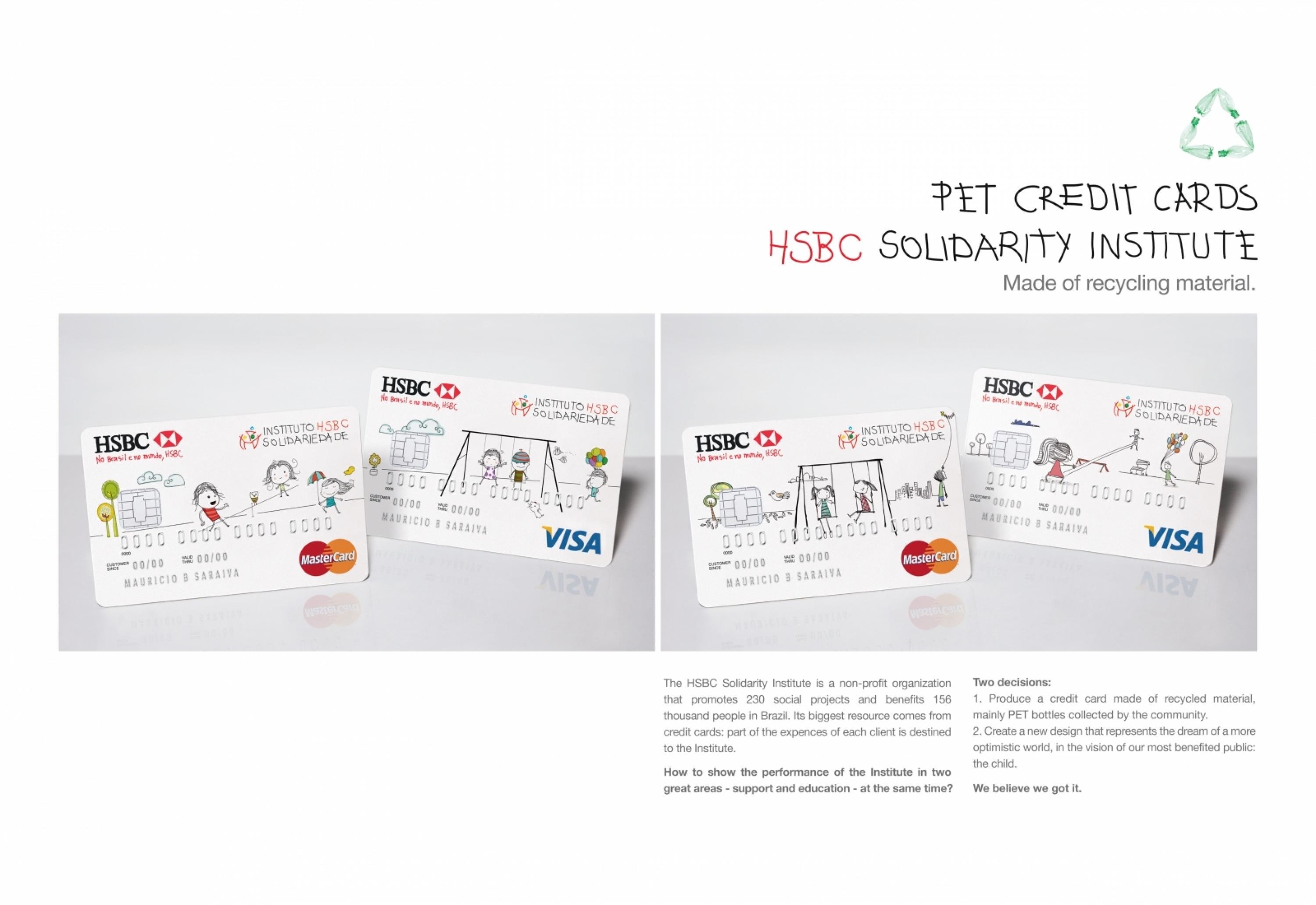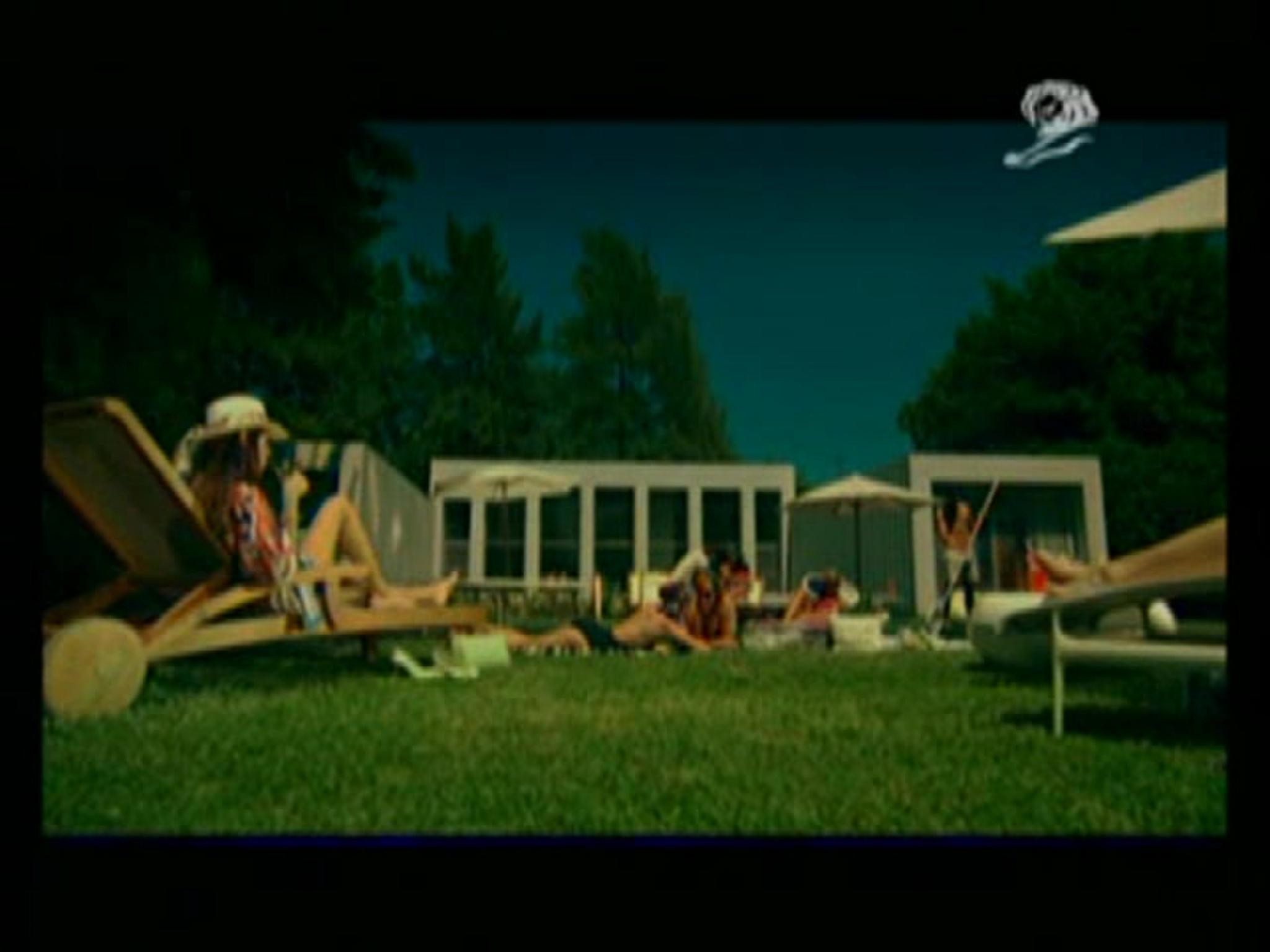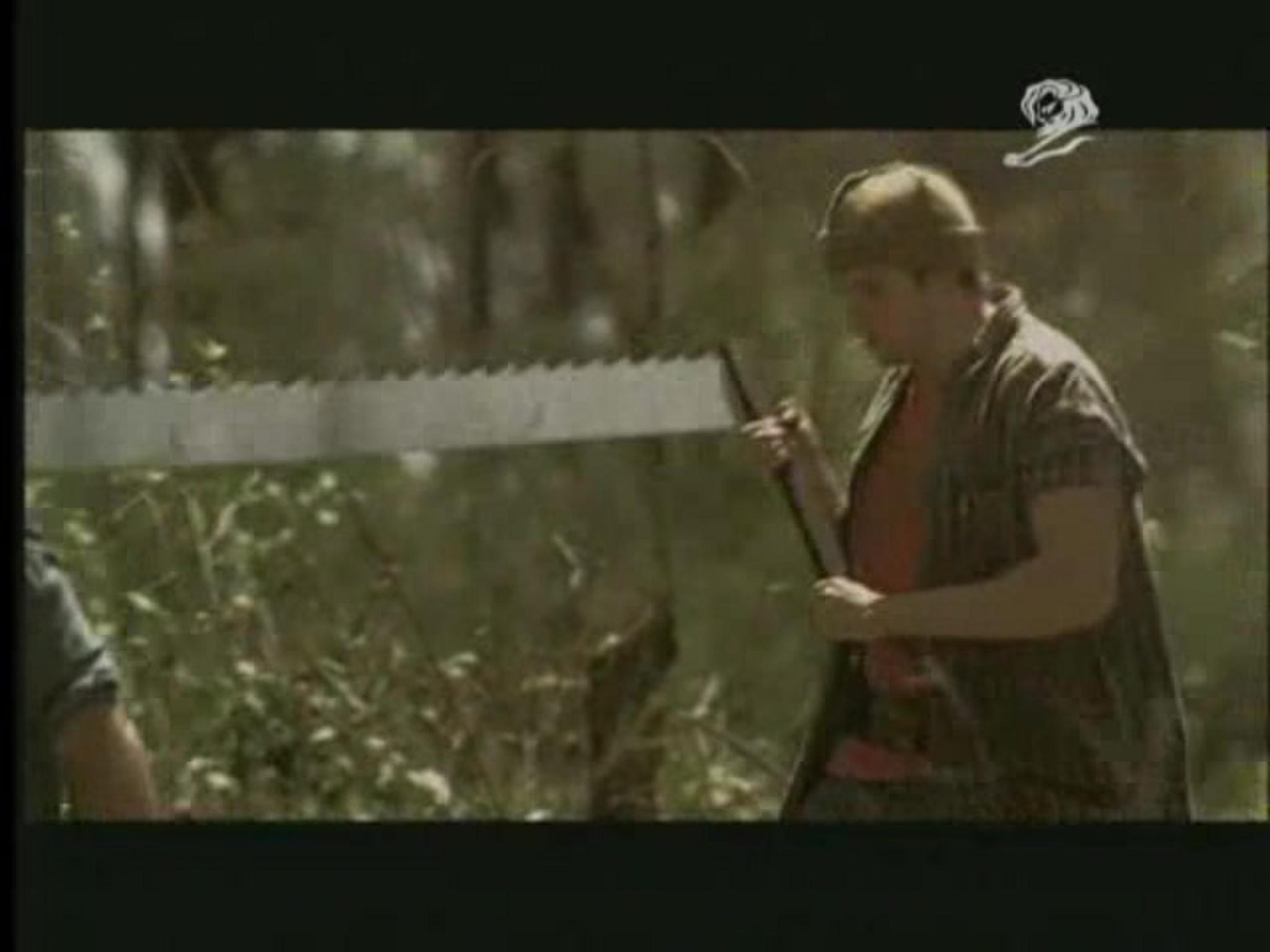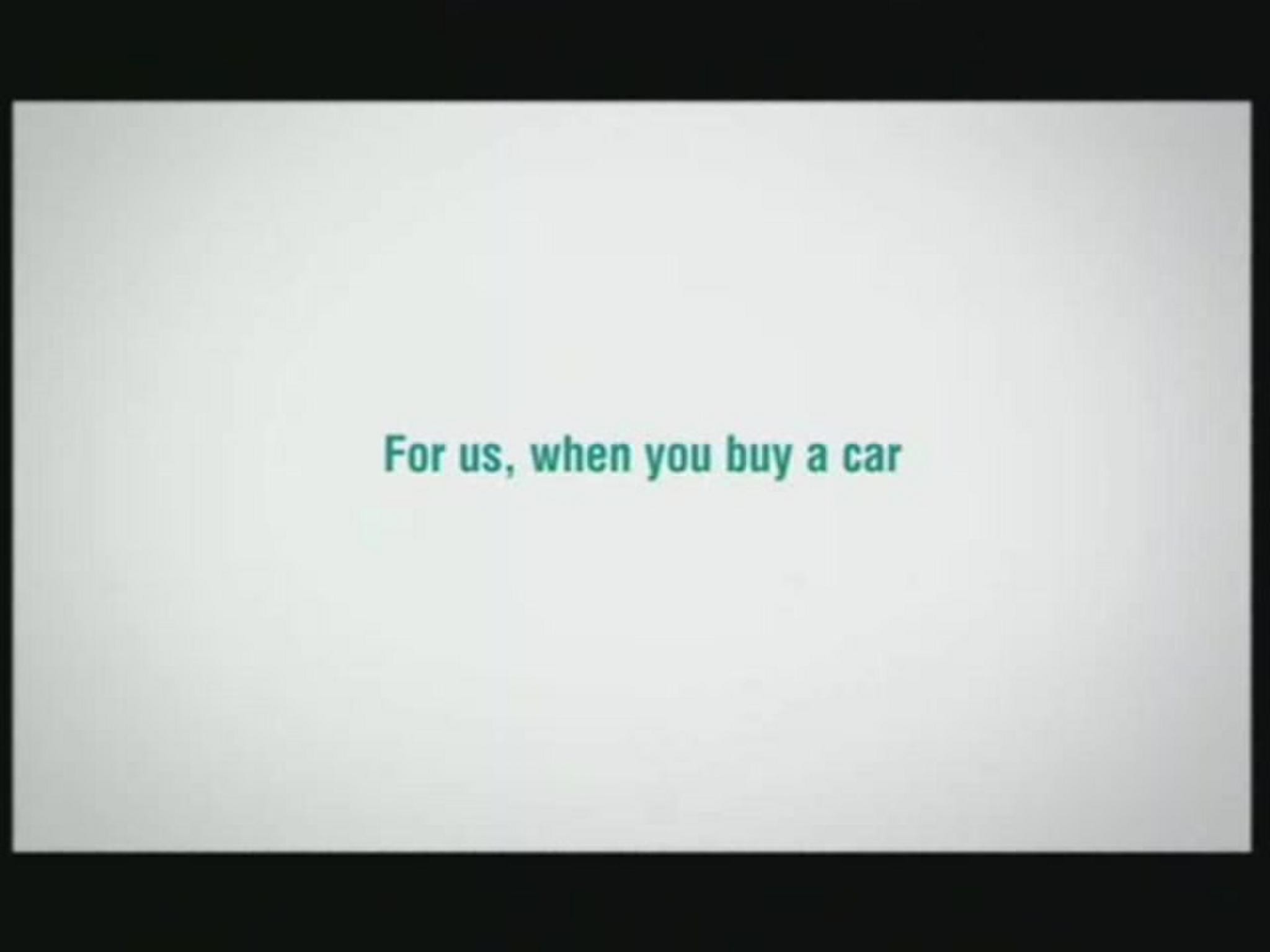Cannes Lions
Deep Fraud
WEBER SHANDWICK, London / HSBC / 2019
Awards:


Overview
Entries
Credits
Overview
Background
Online fraud costs the UK economy over £10 billion a year and is cited by as the key concern of consumers. HSBC UK, along with the rest of the banking sector, needs to help tackle the issue. But the typical consumer’s understanding of the increasingly sophisticated methods being used by fraudsters is low. With fraud dramatically peaking in the run-up to Christmas, HSBC UK needed to raise awareness and educate consumers on how to stay safe.
The key challenge was to highlight the increasing sophistication of online fraudsters while avoiding accusations of scaremongering. Driving awareness of the issue through social media was critical to reach consumers online but capturing attention through social is challenging at the best of times, let alone when trying to drive awareness of an issue most consumers would prefer not to think about. Especially when their mind is focused on scooping up bargains for Christmas.
Idea
It’s harder than ever to know if someone really is who they say they are, online. We paired ‘deep fake’ style technology with one of the UK's most loved and trusted celebrity to prove it. Rachel Riley is a national treasure, famed for her extraordinary maths prowess on daytime TV show Countdown. Yet in the run-up to Cyber Monday, a video appeared on social channels where she confessed to being “bad at maths” and having the answers fed via earpiece.
24 hours later, after the inevitable explosion of attention, HSBC reassured the nation that this had been a ‘deep fake’ style video to make an important point at a time when British consumers are vulnerable. Every viewer was retargeted with educational videos from Rachel to help them stay safe, the next time they were online.
Strategy
We identified Cyber Monday as the highest risk moment - a time when consumers drop their guard in haste to pick up a great deal. Consumers also have an outdated model of fraud, where scams look fake - phishing emails littered with spelling mistakes. In the heart of the frenzy, we needed an idea that would grab attention, demonstrate the sophistication of fraudsters and educate consumers on how to stay safe online.
Our audience lives in a world that blurs the line between celebrity and retail, where those they follow directly influence their buying behaviours.
So we’d partner with one of the nation’s most trustworthy celebrities to demonstrate our key message – that absolutely anyone might not be who they say they are, when you’re online. Then use retargeting promoted social posts to continue their education on how to stay safe, at the critical moment for digital fraud.
Execution
On 24th November, the start of Christmas fraud ‘primetime’, we used Rachel’s Twitter and Instagram channels to post the surprising confession. Fans immediately jumped onto it, leading to widespread speculation. We protected the authenticity of the confession by allowing the post to live organically – a strategy which paid off as the consternation of Rachel’s followers ignited mainstream interest in the confession.
After a nail-biting 24 hours, HSBC revealed all. On Sunday 26th November, on the eve of Cyber Monday, a video was posted to their Facebook, Twitter and Instagram channels showing how we had used ‘deep fake’ style technology – tracking and manipulating facial movements and syncing with a vocal impressionist – in order to alert consumers to the very real dangers of digital fraud.
Through retargeting, every viewer received two lessons from Rachel next time they went onto Twitter or Facebook, with tips on how to stay secure.
Outcome
In the midst of the online buying frenzy, the nation took note. Rachel’s confession was the top tweet in Twitter’s Cyber Monday trend. With over 14 million views of the campaign videos on HSBC’s Facebook and Twitter channels, the reveal video is the most retweeted post by HSBC ever. The campaign created over 88 million social impressions and started over 2,400 conversations on Twitter alone. And generated nation and global news coverage with a reach of 364 million; national hits included the Daily Express, the Daily Mail and Independent, Channel 4’s Sunday Brunch and Irish morning TV show Ireland AM in the UK - plus a surprising level of attention in Rachel’s ‘fake news’ from Russian media..
The initiative was applauded by celebrities, Members of Parliament, regional police forces and fraud organisations including Crimestoppers and the Financial Services Compensation Scheme and CIFAs.
Similar Campaigns
12 items








